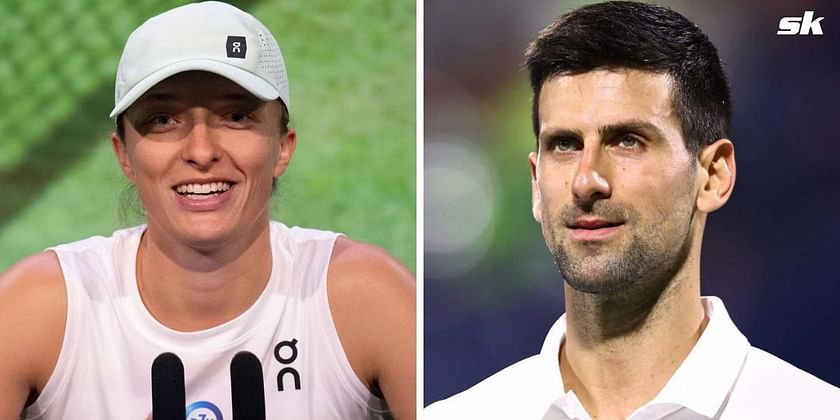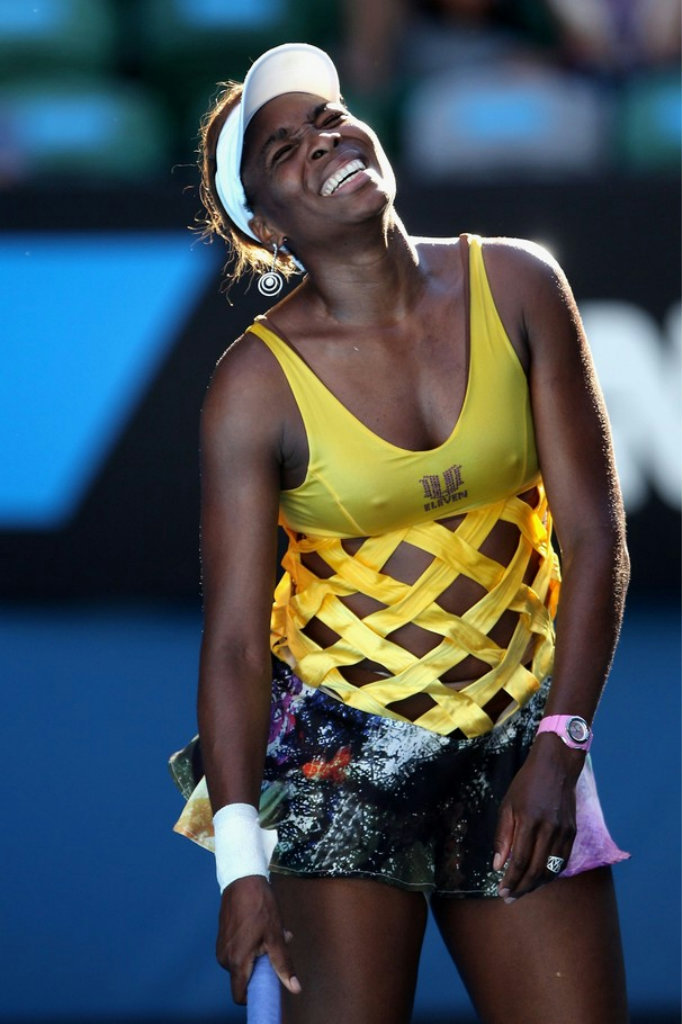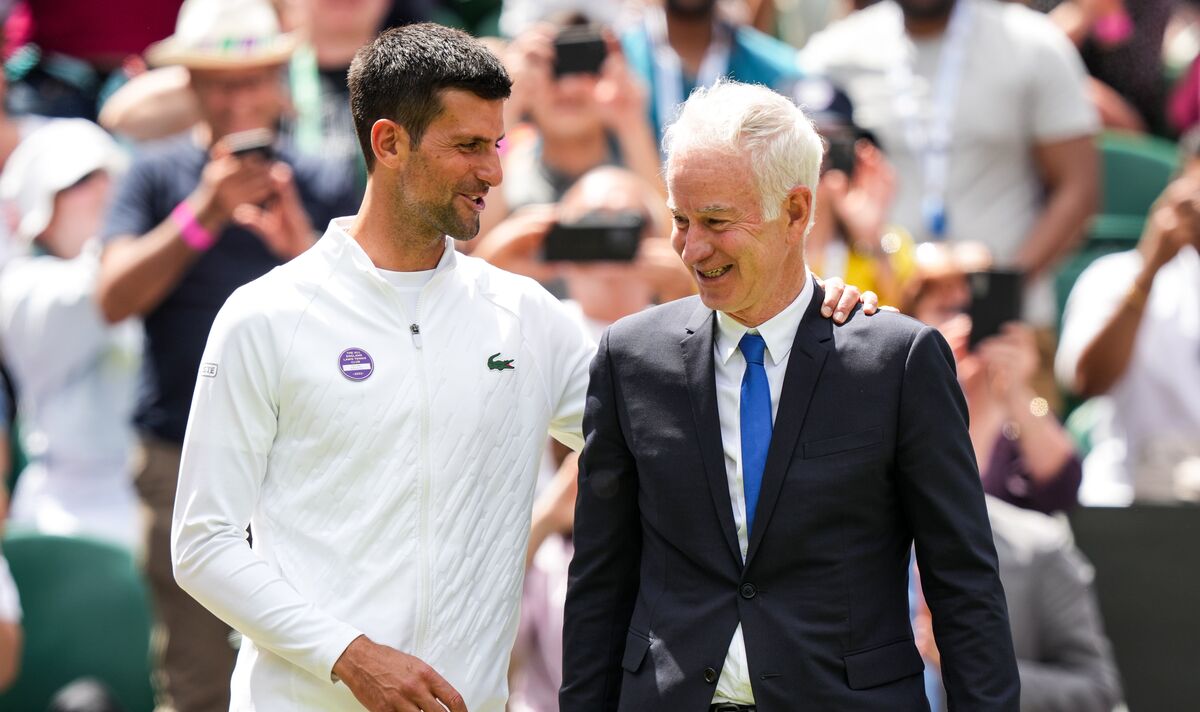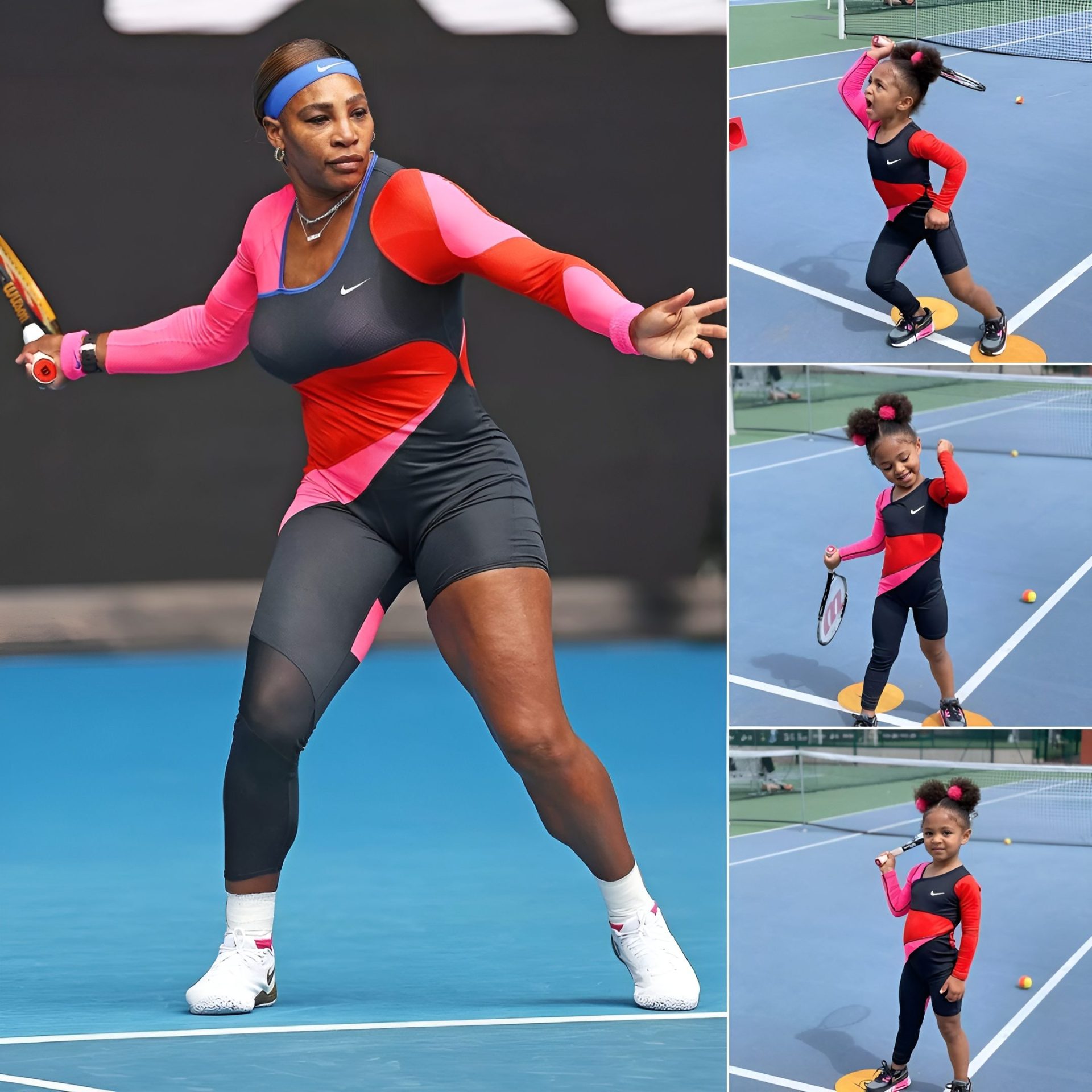The International Tennis Integrity (ITIA) has confirmed that Novak Djokovic did not refuse to undergo a doping test at the 2023 Davis Cup Finals. The organisation clarified that the Serbian did not break any rules as players have the choice to be tested before or after matches in team competitions like the Davis Cup.
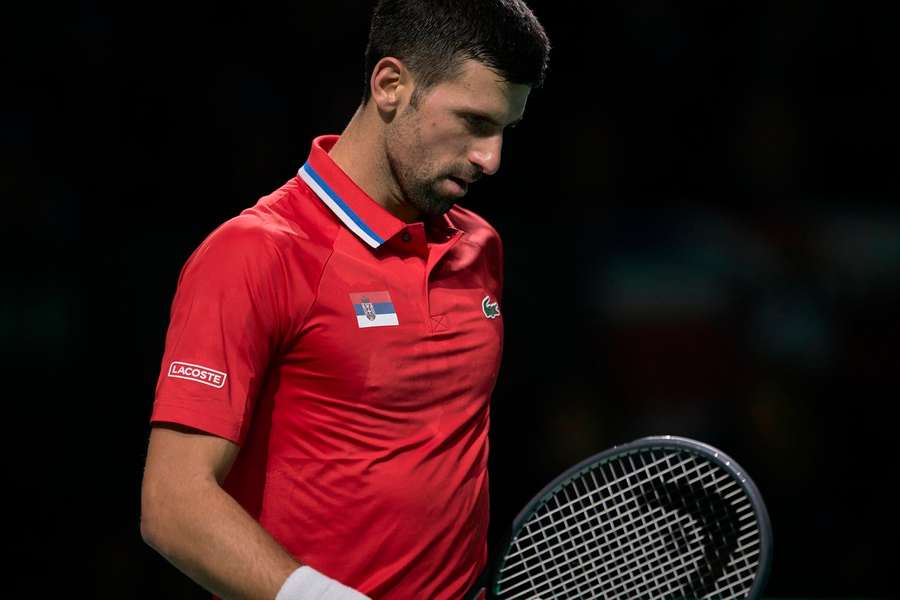
Shortly before his singles match against Cameron Norrie in Serbia’s quarter-final tie with Great Britain on Thursday, Djokovic was informed he needed to do a drug test. The world No 1 provided the sample after beating Norrie, but expressed his opposition to anti-doping officials asking players to carry out tests while preparing for matches.
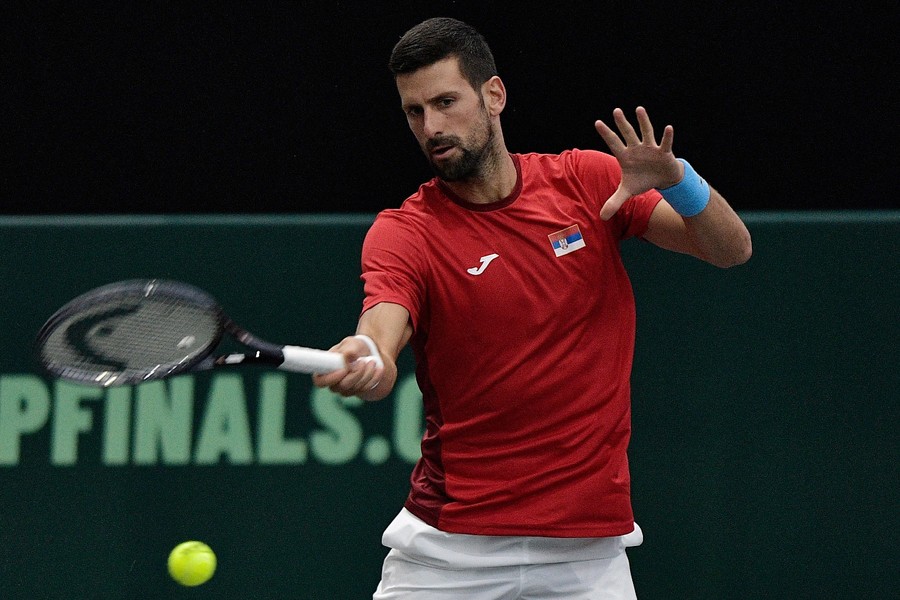
It’s the first time it’s happened to me. It doesn’t make sense to do it when I’ll be there after the match. They gave me an hour and a half’s notice. I have my pre-match routines and I don’t have to think at that point about donating blood or urine,” the 36-year-old told Serbian media.
“I argued with him because that hasn’t happened to me in my 20-year career. He sat in a corner and followed me for hours. It was outrageous. I’ve always defended controls, but not before matches. There’s nothing to hide, but there have to be certain limits.” There had been reports and claims that the 24-time Grand Slam champion had not followed protocol by not taking the test before the match.
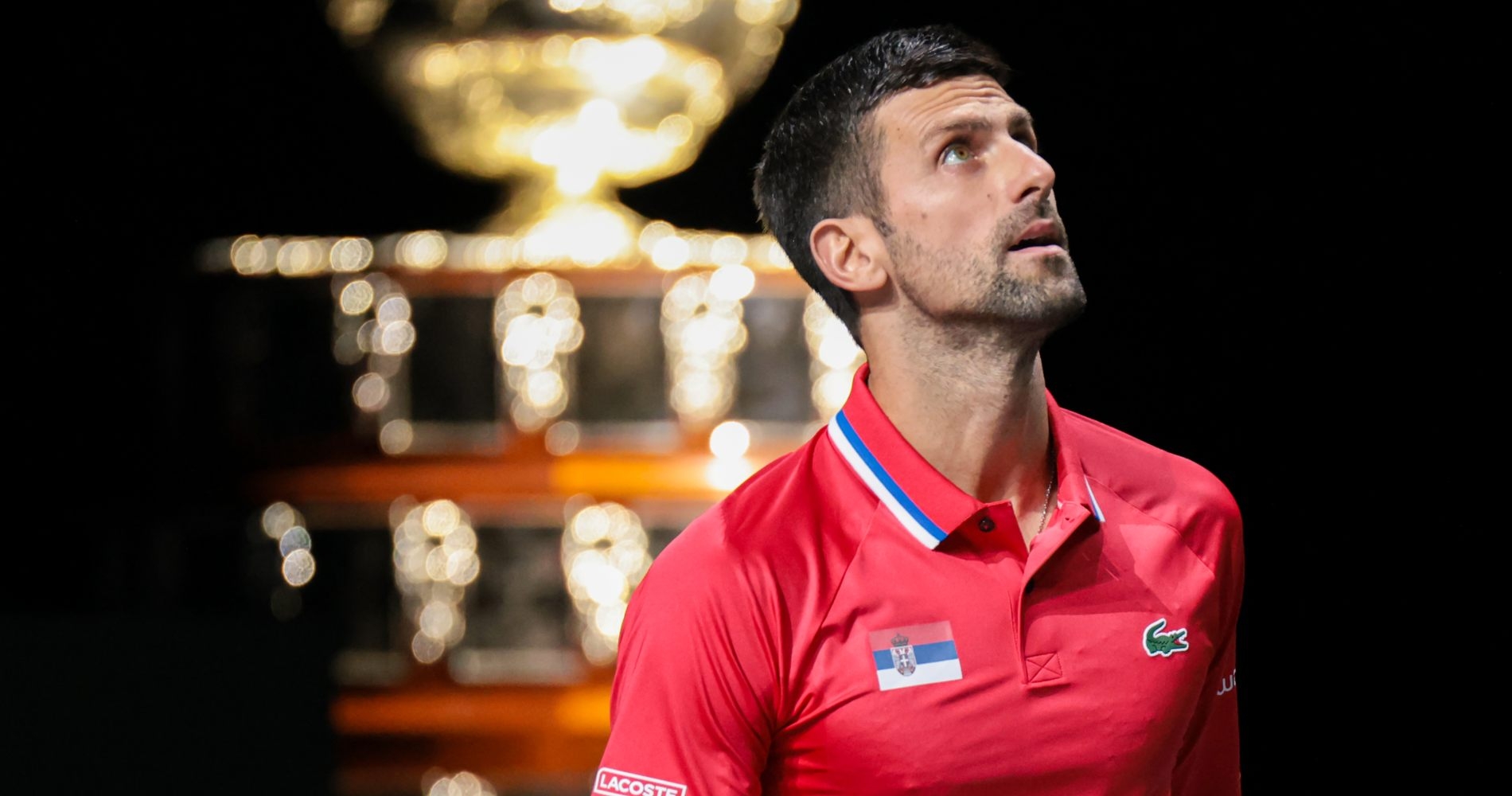
The ITIA explained, though, that the tennis legend had done nothing wrong as players are able to submit their sample before or after their match, irrespective of when they are notified about the test.
“The first thing to say is that Djokovic did not refuse the test. The rules state that when a player is notified, they must provide a sample as soon as they can,” the ITIA told L’Equipe.
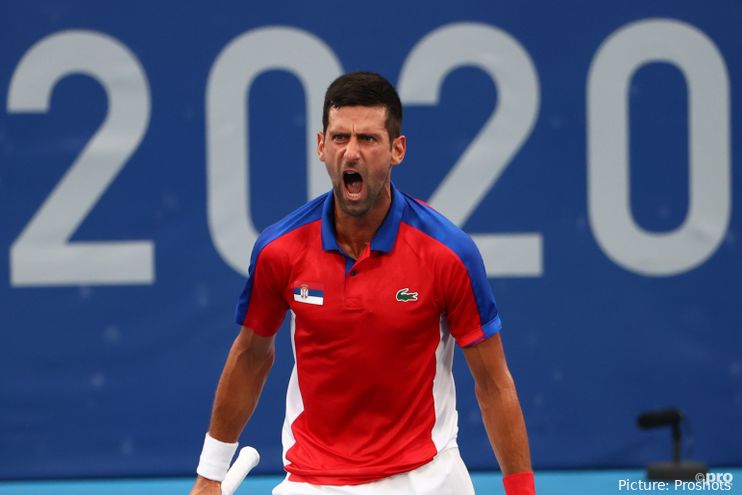
“In team competitions such as the Davis Cup, players may be informed before a match, whereas in other competitions testing usually takes place after the match. The procedure has not been changed, either for this event or for the player. In Davis Cup, teams are notified before the start of the match. This allows players to choose if they prefer to do it before their match, otherwise it will be after, a member of the organisation told us.
“They have a choice. Some players prefer to do it before, it frees them up after the meeting, which is also not bad, they avoid staying on site too long after the end of a meeting.”
The ITIA is responsible for the Tennis Anti-Doping Programme, as well as the Tennis Anti-Corruption Program.
